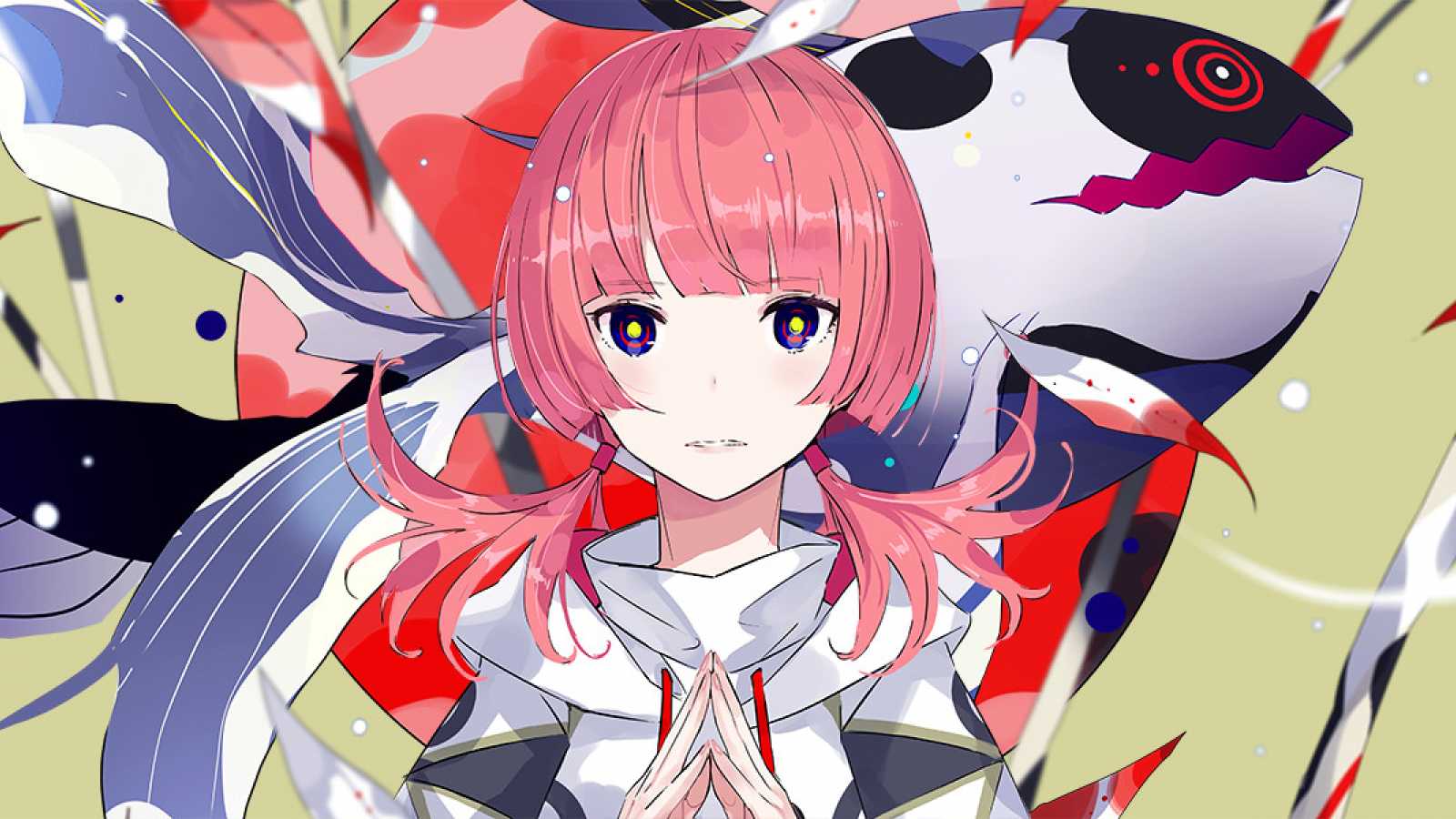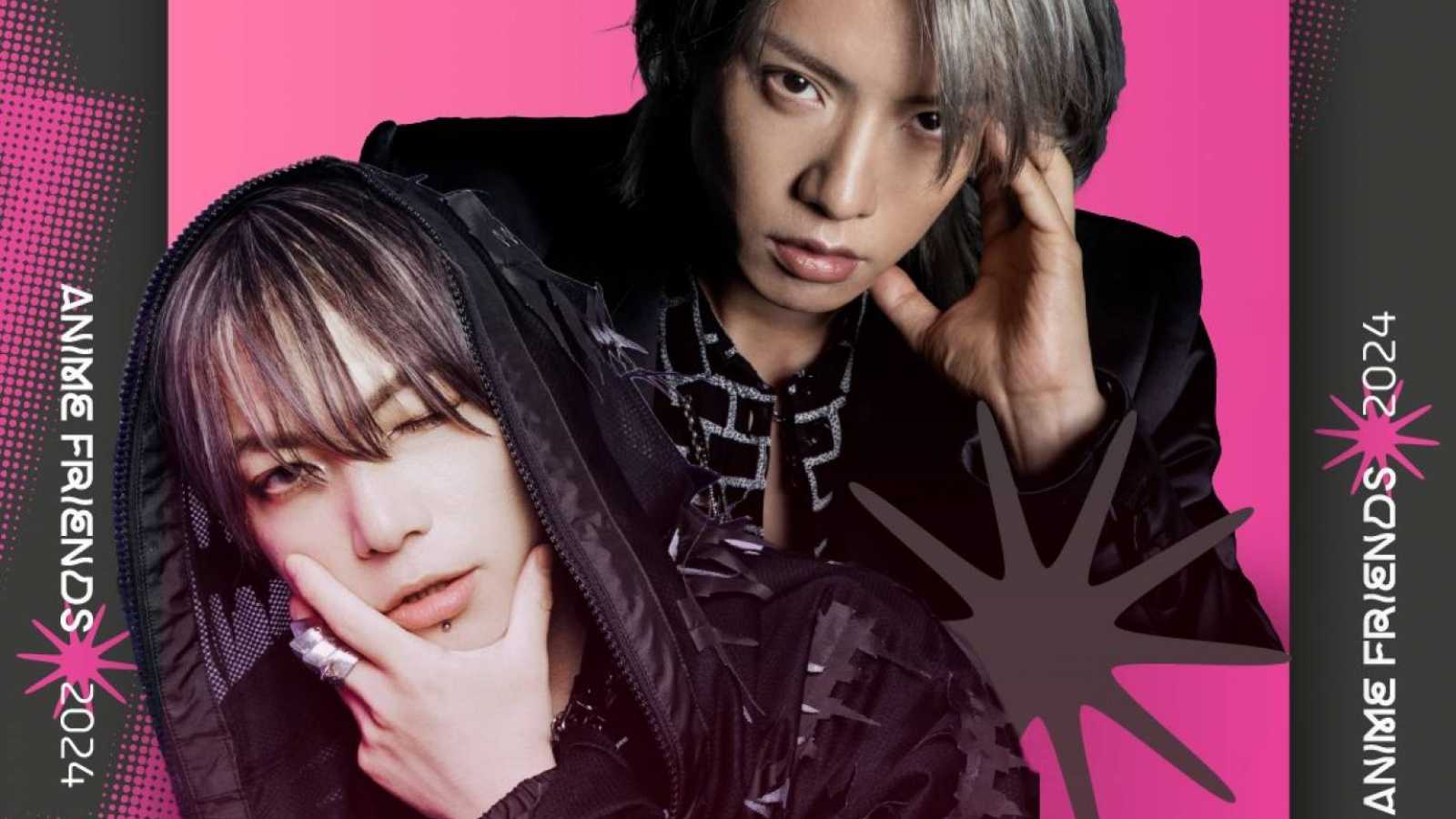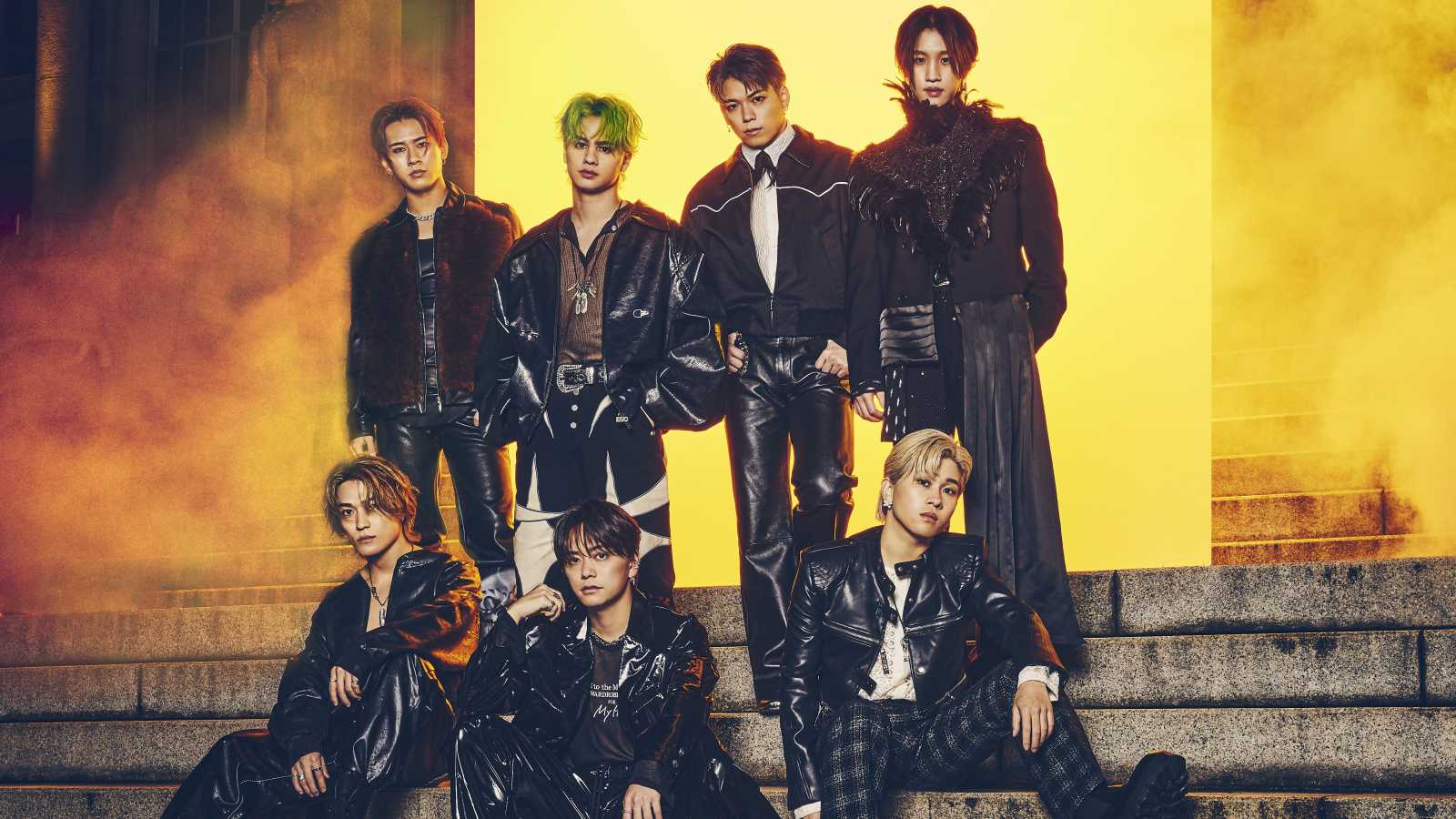"The name 'Stalin' is deeply hated by most Japanese people, so it's a good name to create the right image," as Michirou explained when questioned about the controversial name of the band. He further explained that because of his socialist stance that the band name encapsulated "the downside of every good idea."
Michirou was the editor of the INGO fanzine. The magazine was primarily responsible for the second pressing of The Stalin's Dendou kokeshi single which was first released in May of 1980. The cover of the single featured a graphic drawing of a penis being injected by a hypodermic needle. The great raw and jangly punk sound was continued throughout the Stalinism EP, released in 1981.
Michirou's live performances were legendarily violent. Often, if he was unsatisfied with the reaction of the audience during a live show, he would start to behave like a madman. Wherever he went, he left trail of insanity and destruction in his wake. From the beginning of concerts he often used to spit, pull out hair and even beat up members of the audience to create mayhem. If this unconventional approach did not work, he would leave the stage after just one song. It is no wonder that, within a very short space of time, The Stalin were banned from performing at most venues.
After the release of the band's first LP on the 24 October 1981 entitled Trash, The Stalin changed their musical direction from their familiar punk rock style to hardcore-punk. The reason for this change was initiated by the recruitment of guitarist Tam (formerly of Typhus). Trash, as well as being an important record of Japanese punk rock, is so rare that even in Japan only bootleg versions of the album are available.
After the release of their first LP, The Stalin decided to sign a contract with the Climax Label (sub-label of major label Tokuma Records). The band duly went on to record their major-debut LP. Stop Jap was released on 1 July 1982, and is arguably The Stalin's best work. The record's lyrics are based on political, anti-nationalistic and anarchistic statements. On the B-sides of the album singles (Romanticist and Allergy) you can find cover-versions of The Doors' Light My Fire and The Stooges' No Fun.
In 1982, The Stalin appeared in the landmark movie Burst City (Bakuretsu toshi) directed by Sogo Isshi. Through their appearance in the movie The Stalin became the Japanese equivalent of the Sex Pistols and were then identified as the head of the Japanese punk rock generation. The director of the film, Sogo Ishii went on to create the music video for Stop Jap, which was subsequently the band's next 7" single release. Sogo Ishii's involvement with the band is especially significant as he is famous in the world of 8mm film-art, and even directors like Takeshi Kitano mention Burst City as one of the masterpieces of the 20th century.
Chicken Farm was the first song by The Stalin which reached an international audience. The song was released on the infamous Welcome to 1984 compilation of Maximum Rock'n'Roll Records. The record contained many international pioneers of hardcore punk including Raw Power and BGK.
At the end of 1983, Tam left The Stalin to form Gauze which went on to become the first official Japanese hardcore band. Tam's departure had a big influence on the band and The Stalin's next album, Fish Inn, which was written in a jazzy style, was very badly received by the Japanese punk-generation. Michirou was incredibly disappointed and disillusioned with the negative reception of the ill fated Fish Inn, and in reply released the Last Live for Never LP before The Stalin announced their disbandment.
In reflection, Michirou Endou explained that he always wished that The Stalin would have received more attention from the public and he hoped in turn that they would open their eyes to his lyrics. His poetic and lyrical style of writing was called by himself "tanku" - a mix between "tanks" and "haiku".
Even though The Stalin had ceased activities, Last Live for Never was not the band's final release, as director Sogo Ishii appeared again. He captured the boundless energy and the soul of the band's live performance in dark, mysterious and intense pictures and made them into a movie. The focus of the video was of course the charismatic, yet enigmatic vocalist, Michirou Endou. The VHS was released with the live two-disc compilation The Stalin for Never.



